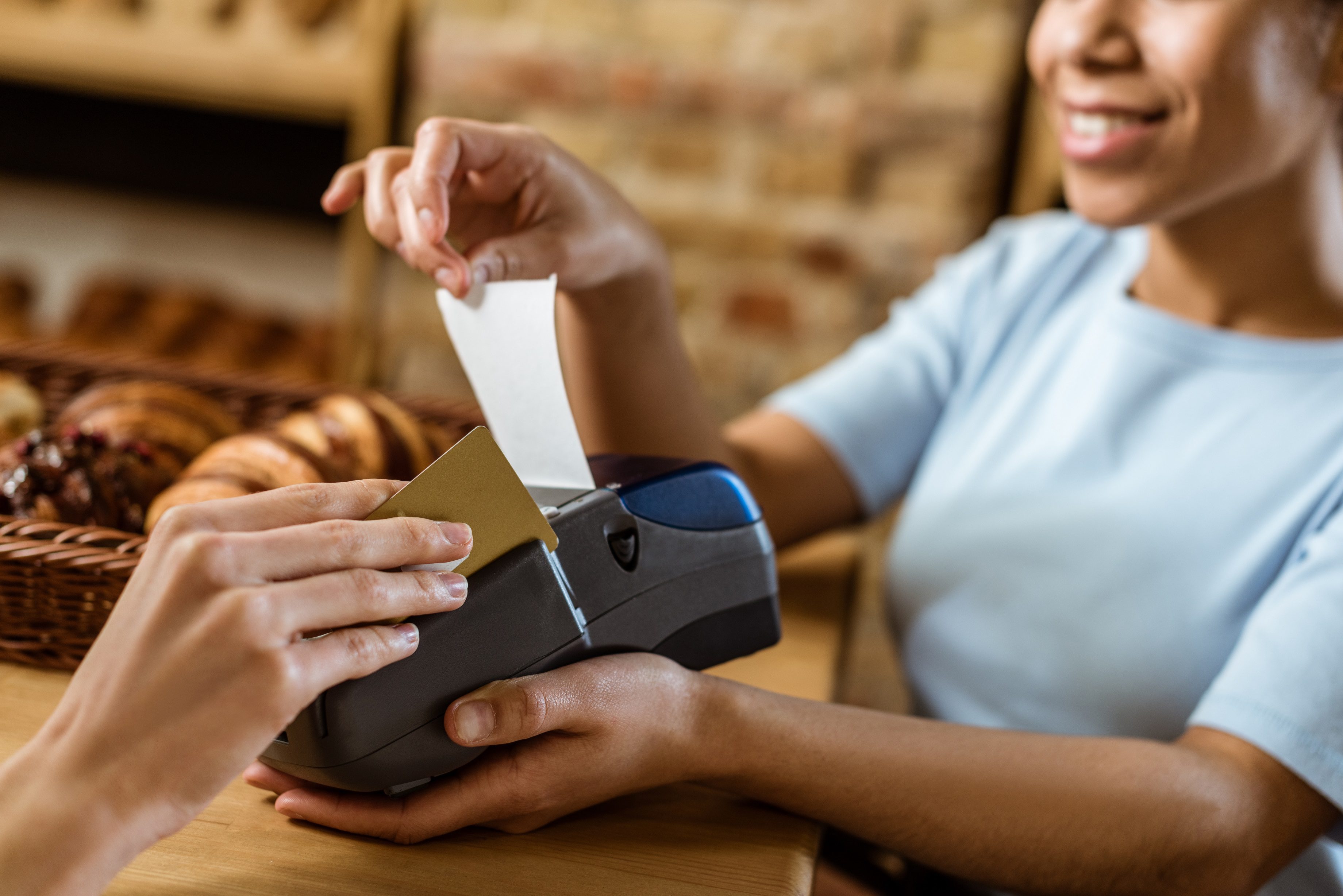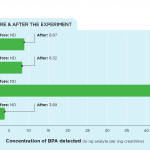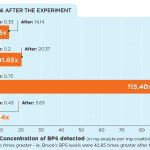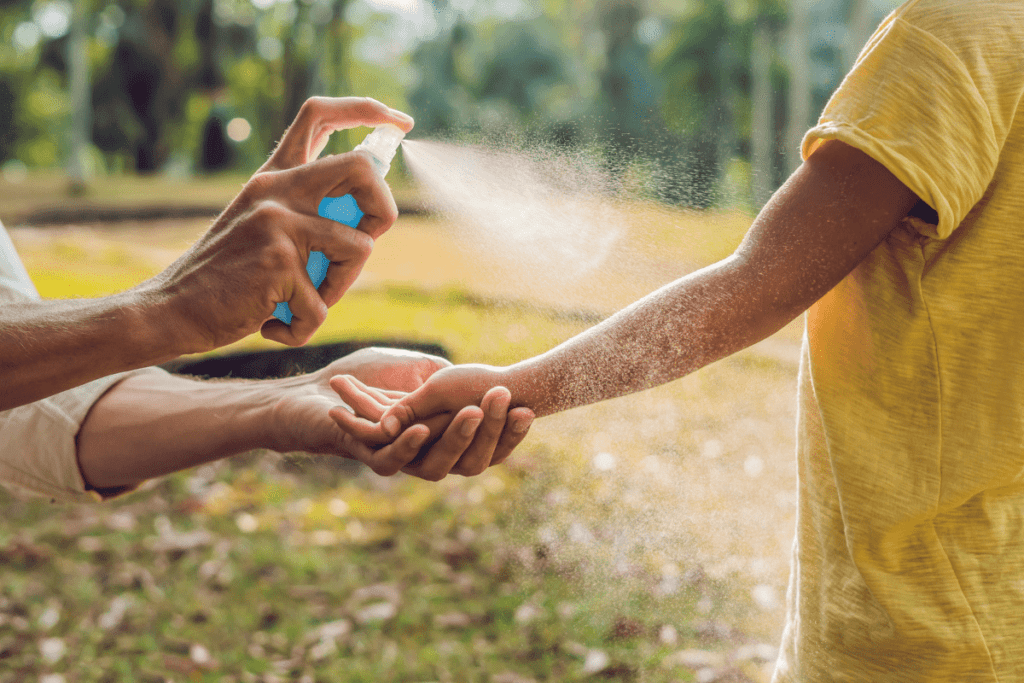Remember when bisphenol A (or BPA) was banned in baby bottles in 2010? Thought the problem was over? Unfortunately, this hormone disrupting chemical is still found in the liners of food cans, reusable plastic food and beverage containers and thermal paper such as receipts, transit passes, movie tickets and more.
According to Health Canada’s latest biomonitoring survey (a survey of chemical contaminants in Canadians), nine out of 10 Canadians have BPA in their bodies. Even when steps are taken by governments and industry to eliminate BPA in products, nearly identical chemicals such as BPS have replaced it. Today, receipts are suspected to be a major source of our exposure to BPA and BPS.
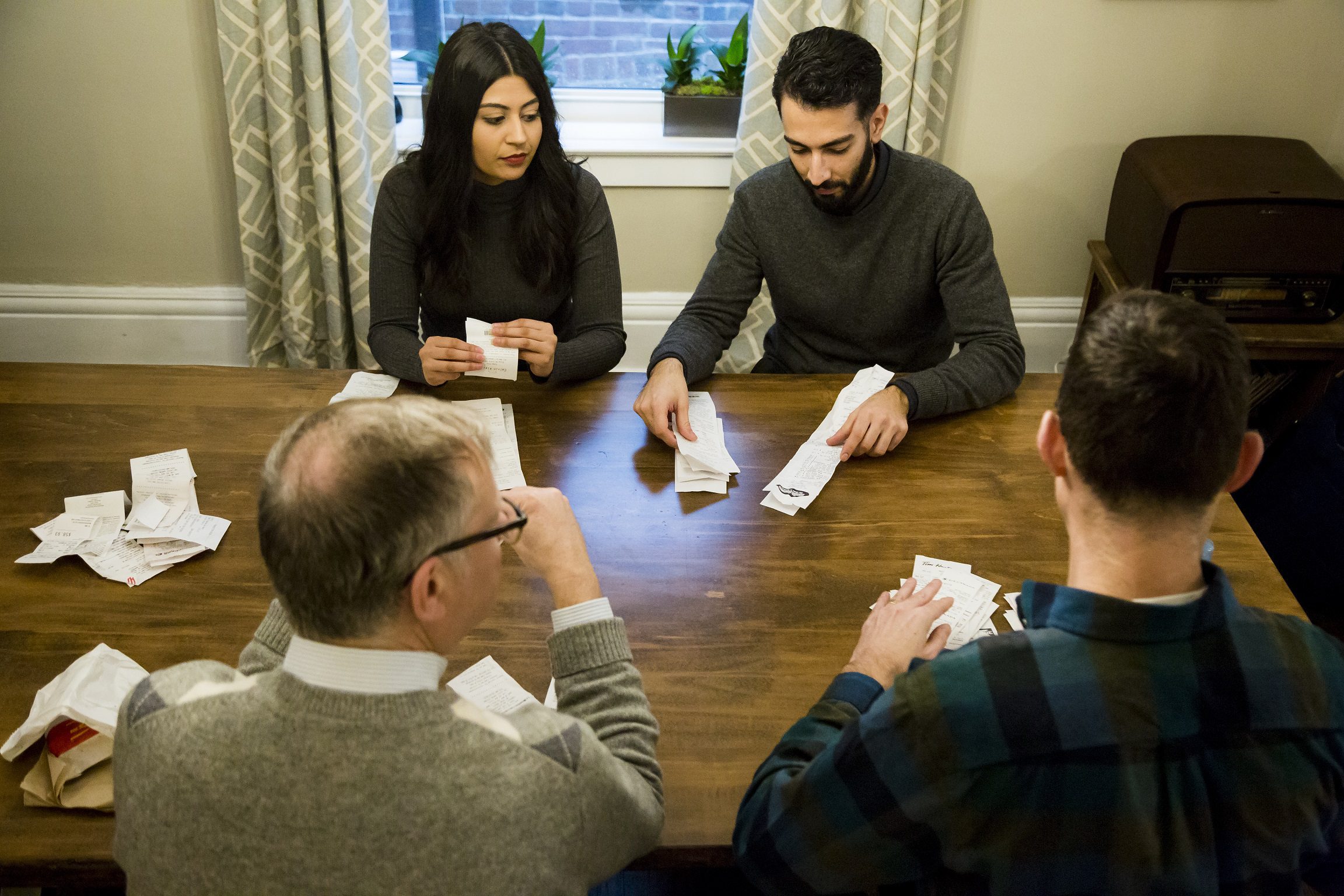
That’s why we partnered with Rick Smith and Bruce Lourie, the co-authors of the best-selling book Slow Death by Rubber Duck, to find out what happens to the levels of BPA and BPS in our body after handling receipts. Specifically, we wanted to know what kind of exposure occurs after handling receipts for as long as a cashier typically handles receipts during an 8-hour shift. (Read the full report here.)
And the results were shocking!
As the graphs show, by merely touching receipts for the same amount of time that a cashier does in a shift, all of our BPA and BPS levels increased significantly. Rick experienced the highest increase for both chemicals likely because he was the only one to apply hand sanitizer, which is commonly used by cashiers and suspected to increase skin absorption.
What does this all mean?
Receipts and other thermal paper slips are polluting our bodies. The situation is even more disconcerting for cashiers and workers that are women of childbearing age and teenagers as they are more biologically vulnerable to the effects of BPA and BPS.
Tips to reduce your exposure to BPA and BPS in receipts:
- Tell Canada ban these harmful chemicals from receipts today. Take action here!
- Say NO to receipts! If you don’t need it, don’t take it. Or ask for an e-receipt.
- If you need the receipt, fold the receipt with the print/glossy side in and hold it from the backside. The back of the receipt is unlikely coated with BPA and BPS.
- After handling a receipt, wash your hands thoroughly, especially before eating.
- Do not use hand sanitizers or lotions before or after handling receipts.
- Ask your favourite retailers to switch to e-receipts or non-bisphenol receipts.
Don’t forget to throw receipts in the trash! Receipts should not be recycled as the BPA/BPS coating ends up contaminating the recycling stream and ends up in our cardboard pizza boxes, tissue paper and other paper products made from recycled content.



